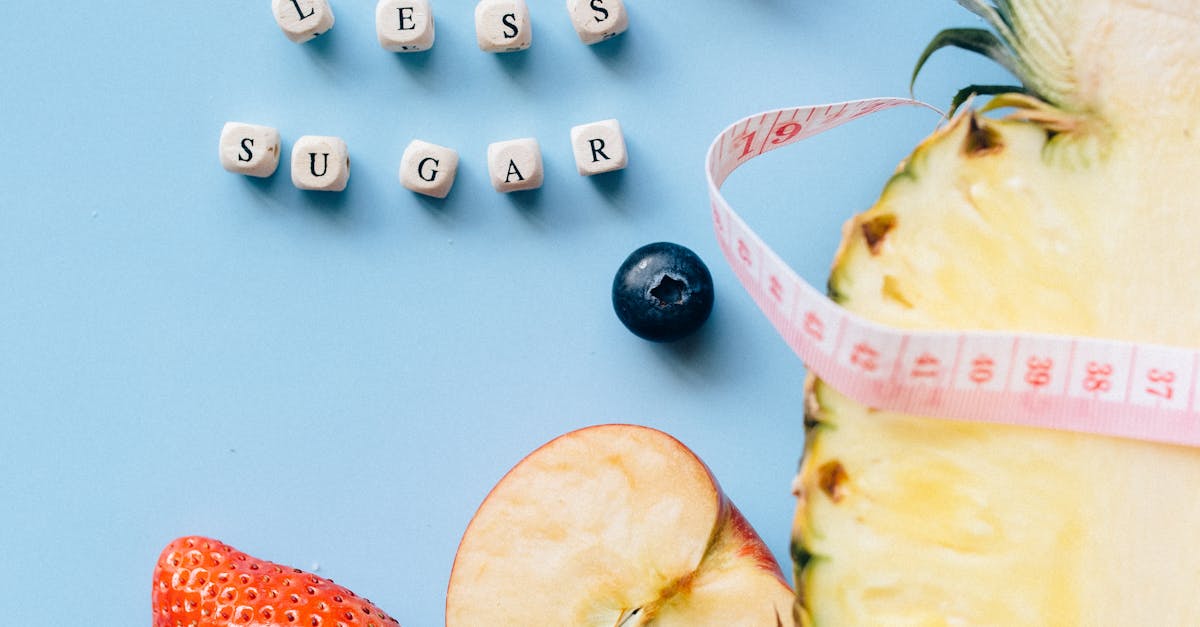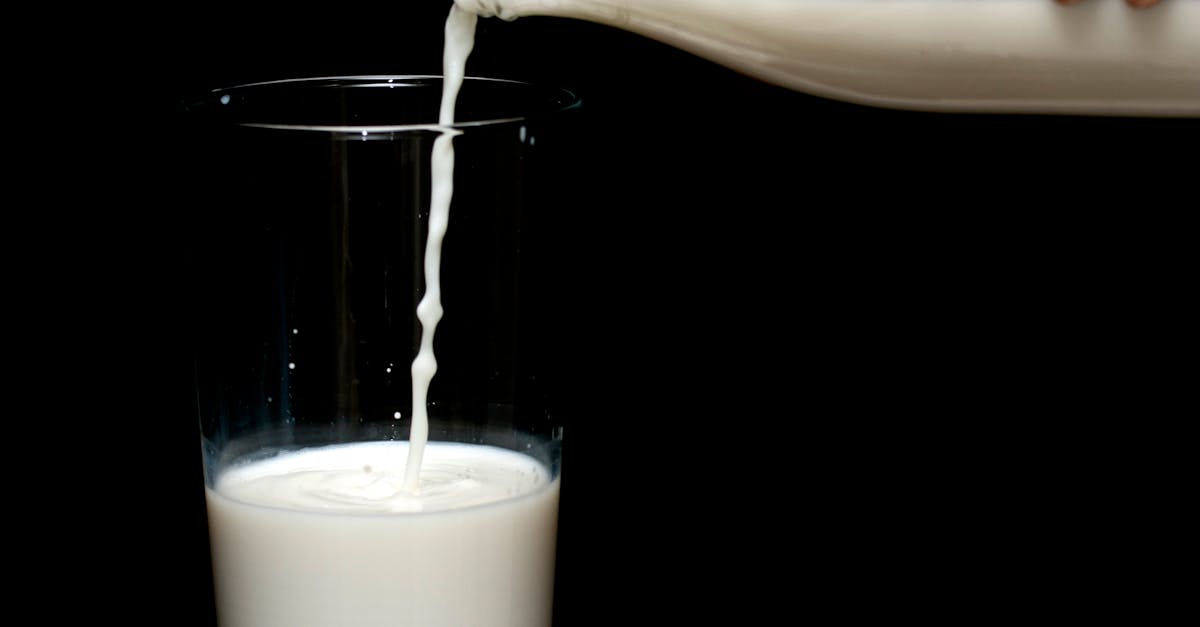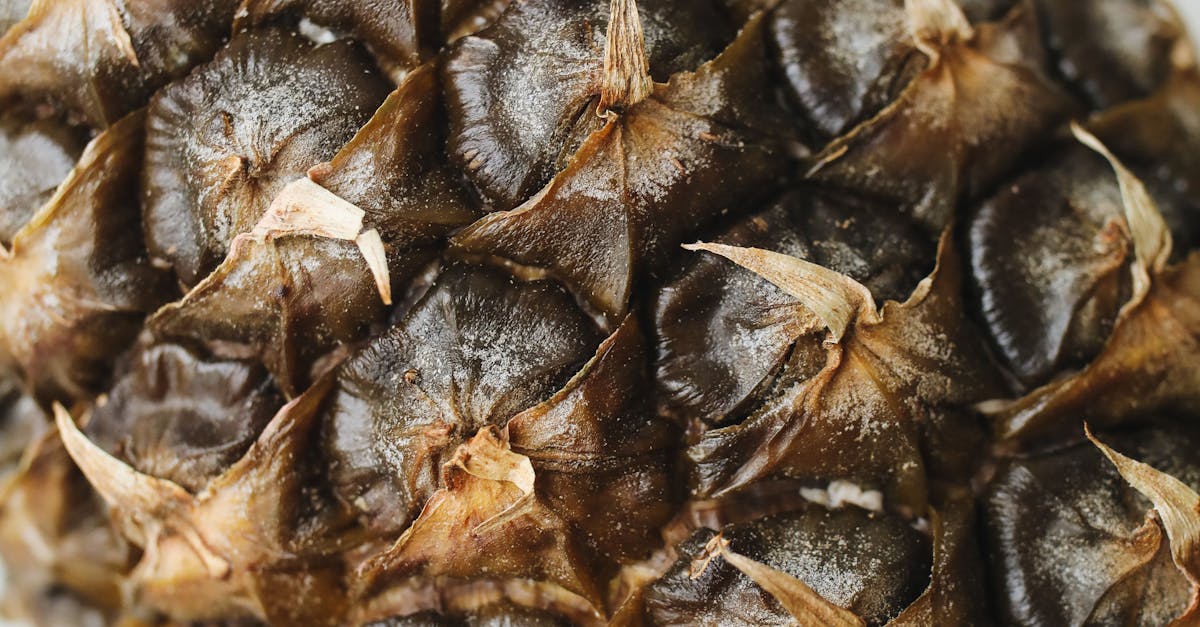Chickpeas, also known as garbanzo beans, have been a staple in various cuisines around the world for centuries. Packed with nutrients and versatile in cooking, these legumes are gaining popularity for their numerous health benefits. In this blog post, we’ll explore ten surprising benefits of chickpeas, providing you with a comprehensive understanding of why you should include them in your diet.
| Benefit | Description |
|---|---|
| Rich in Nutrients | Chickpeas are packed with essential vitamins and minerals. |
| High in Protein | They are an excellent source of plant-based protein. |
| Supports Digestion | Chickpeas contain dietary fiber that aids digestion. |
| Helps with Weight Management | The high fiber and protein content can promote satiety. |
| Regulates Blood Sugar | Chickpeas have a low glycemic index, beneficial for blood sugar control. |
| Promotes Heart Health | They can help lower cholesterol levels and support heart health. |
| Boosts Bone Health | Rich in calcium and magnesium, chickpeas support bone density. |
| Enhances Skin Health | Chickpeas contain antioxidants that benefit skin health. |
| Supports Immune Function | They provide vitamins and minerals that bolster the immune system. |
| Versatile in Cooking | Chickpeas can be used in a variety of dishes, from salads to soups. |
Rich in Nutrients
Chickpeas are a nutrient-dense food, containing a wealth of vitamins and minerals essential for overall health. They are particularly high in folate, iron, and magnesium, making them a great addition to a balanced diet. This nutrient profile supports various bodily functions, including energy production and cellular repair.

High in Protein
For those seeking plant-based protein sources, chickpeas are an excellent choice. With about 15 grams of protein per cooked cup, they can help meet daily protein requirements, especially for vegetarians and vegans. This makes chickpeas an ideal food for muscle repair and growth.

Supports Digestion
The high fiber content in chickpeas plays a significant role in digestive health. Fiber helps to promote regular bowel movements and prevent constipation. Furthermore, it acts as a prebiotic, feeding the beneficial bacteria in the gut, which is essential for a healthy digestive system.

Helps with Weight Management
Including chickpeas in your diet can aid in weight management due to their high fiber and protein content. These nutrients promote feelings of fullness, reducing overall calorie intake. Additionally, chickpeas are low in calories while being high in volume, making them a smart choice for weight loss diets.

Regulates Blood Sugar
Chickpeas have a low glycemic index, meaning they cause a slower rise in blood sugar levels compared to other carbohydrate sources. This quality makes them an excellent food choice for individuals with diabetes or those looking to maintain stable energy levels throughout the day.

Promotes Heart Health
Chickpeas contribute to heart health by helping to lower cholesterol levels. The soluble fiber in chickpeas binds to cholesterol in the digestive system, preventing its absorption. Regular consumption of chickpeas can thus lower the risk of heart disease and promote overall cardiovascular health.

Boosts Bone Health
Chickpeas are not only rich in calcium but also contain magnesium and phosphorus, all of which are crucial for maintaining strong and healthy bones. These minerals help prevent bone-related conditions such as osteoporosis, especially in older adults.

Enhances Skin Health
The antioxidants found in chickpeas, such as vitamins C and E, can significantly benefit skin health. These nutrients protect the skin from damage caused by free radicals, promote healing, and may reduce signs of aging, giving your skin a youthful appearance.

Supports Immune Function
Chickpeas are packed with vitamins and minerals that support immune function, including zinc and selenium. A strong immune system is vital for fighting off infections and diseases, making chickpeas a valuable addition to your diet, especially during cold and flu season.

Versatile in Cooking
Chickpeas are incredibly versatile and can be incorporated into a wide variety of dishes. From salads and soups to curries and hummus, they can enhance flavor and texture in countless recipes. This versatility makes them a favorite ingredient in many kitchens around the world.

FAQ
What are chickpeas?
Chickpeas, or garbanzo beans, are legumes that are high in protein, fiber, and various vitamins and minerals. They are commonly used in Middle Eastern and Mediterranean cuisines, often found in dishes like hummus and falafel.
Are chickpeas good for weight loss?
Yes, chickpeas can be beneficial for weight loss due to their high protein and fiber content, which promote feelings of fullness and reduce overall calorie intake.
How can I include chickpeas in my diet?
You can include chickpeas in your diet by adding them to salads, soups, stews, or making hummus. They can also be roasted for a crunchy snack or blended into smoothies for added nutrition.
Are there any side effects of eating chickpeas?
While chickpeas are generally safe to eat, some people may experience digestive discomfort due to their high fiber content. It is advisable to start with small portions and gradually increase intake.
How should I store chickpeas?
Dried chickpeas should be stored in a cool, dry place in an airtight container, while cooked chickpeas can be refrigerated for up to a week or frozen for longer storage.
References:
– [USDA FoodData Central](https://fdc.nal.usda.gov/)
– [Healthline on Chickpeas](https://www.healthline.com/nutrition/chickpeas-benefits)



